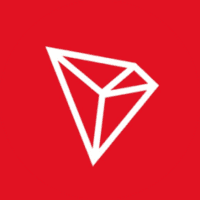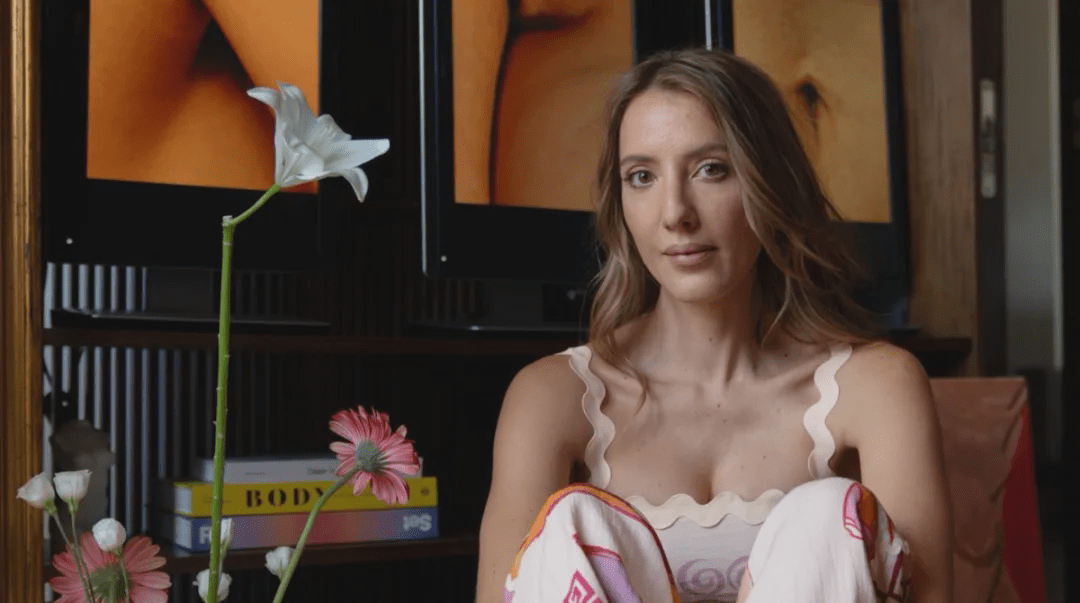
Pauline Faieff's journey, rooted in vulnerability, freedom, and self-acceptance, began with a life-changing portrait in the French Caribbean, marking the beginning of her profound personal and artistic evolution.
Since then, Pauline has begun to explore identity, body acceptance, and freedom of expression through self-portraits. Her work is raw, sensual, and deeply personal - often challenging our perceptions of nudity, beauty, and art in the digital age.
In this conversation, she shares how NFTs helped her regain ownership of her work, why filters have no place in her creative process, and how her latest project, The Alphabet, transforms the human body into a unique poetic language.
Note: This record has been edited for brevity and clarity.
OpenSea: Let's start with your journey! On X, you describe yourself neither as a model nor as a photographer. How did your journey of self-portraiture and art direction begin?
Pauline Faieff: I am my own art. How did it start? I only recently realized that I was initially a content creator. I used to create photos for social media audiences with my ex-boyfriend, who was my photographer. One day, he took a nude photo of me in the wild sea in my hometown - Martinique in the French Caribbean. It was my first time, and I felt both ashamed and scared. I didn't want to be seen, but I had never felt so powerful.
I struggled with my body my whole life. I didn't accept myself. I thought I should look like a model in a magazine, but that photo shocked me. For the first time, I saw myself and felt love for my body. That photo - called (Sagittarius) - was later sold on OpenSea along with my first collection. That was a turning point. I realized that I was no longer creating for others, but for myself. That was the first step in becoming an artist.
Later, a friend introduced me to Web3, and I had no idea what it was, but the fusion of technology and art deeply attracted me. When I joined this community of artists and builders, I felt a transformation. I found people who shared my vision of freedom, which is also part of being an artist. Two years ago, after a personal crisis triggered by social media, I started creating self-portraits, which was a turning point - I needed to regain control of my body, and the only way to do that was to photograph myself.
OpenSea: You mentioned that many women compare themselves to models in magazines or on social media. How has your mindset evolved from taking your first seascape photo to now? How long did it take for you to truly feel beautiful in your body?
Pauline Faieff: I think it's a lifelong process. I'm 34 now, and it was very difficult in my 20s, but in my 30s, I've become more accepting of myself - partly because of my art practice. I look in the mirror and see the real me, not what I think I should be. I've learned to accept even those parts that I don't like so much. Our bodies change as we age, and practicing self-portraiture has helped me accept that.
OpenSea: One of the things I love about your work is the 'Alphabet Series' on your website - those unretouched close-up photos. It's very refreshing because on Instagram, almost everything is filtered. We're always comparing ourselves to unrealistic photos, and when you see a person in real life, you realize they look completely different.
Pauline Faieff: You're right, I hate filters. I used to use them a lot when I created content. I couldn't accept myself in the mirror. I felt like I should look like I did in the filters. I stopped using filters about three years ago, and now I feel much calmer.
There shouldn't be any standards. That's why I create from the body. I used to think we had to be framed, but we are all different, and that's beautiful. Taking raw photos helps build self-esteem.
OpenSea: Who influenced your attitude or freedom towards this art early on?
Pauline Faieff: Not exactly. I was just trying to find myself during a difficult time. People ask me why I chose this medium, and I always say - I wish I had a choice. It just happened. It's one of the hardest mediums to navigate because of censorship and social norms. There are a lot of misconceptions. I wasn't inspired by anything in particular, I just wanted to feel alive - and that's how I did it.
OpenSea: You mentioned your friend introduced you to NFTs. Was this because of censorship on platforms like Instagram, or other reasons?
Pauline Faieff: A friend made me realize that I was creating art and said, "This should be an NFT." The art itself is important, but reclaiming it is equally important. Ownership is not secondary - it is key. Many of my images were stolen and ended up on pornographic websites. I couldn't prove they were mine, and I couldn't prove that I wasn't involved in pornography. NFTs gave me the opportunity to regain ownership.
It's not just about the medium, even sharing the work is difficult. NFTs are a way to escape the 'golden cage' of social media. Of course I have fans, but I wanted something deeper. Minting my work as NFTs gave me that feeling, and the community was very welcoming, which helped me a lot.
OpenSea: Beautiful. Your work often blends self-portraits with poetry and texture. How do you decide on the tone of each photo? Is it based on location or mood?
Pauline Faieff: It depends on my mood, but all my work revolves around freedom, self-acceptance, and self-love. Sometimes I also focus on censorship. Nature has always been an important backdrop for my self-portraits because it's real, not fake. Recently, I've been using mirrors in my work to question how photography - especially nude photography - is perceived. You can see nude paintings in museums, but rarely photographs. I want to ask: would people see my work differently if it were framed?
So I found a framed mirror and took some self-portraits, challenging viewers. Would they think it was art if it was presented differently? It all depends on what I want to convey. I share my artwork to encourage people to be free - to step outside their comfort zone and do what they love. It doesn't have to be nude art, any form of sincere expression will do. I want people to break free from the constraints of social norms.
OpenSea: You put it so well. In museums, we often see nude paintings, but rarely nude photography. They say it's a matter of censorship, but it's confusing - it's the human body after all.
Pauline Faieff: Exactly. Society oversexualizes the body, even fashion ads are oversexualized. This makes photography - especially nude photography - even harder to accept as art. These cultural perceptions almost make it impossible for nude artists to showcase their work.
OpenSea: Your work is full of sensuality, yet it doesn't objectify. How do you strike a balance between empowerment and exposure?
Pauline Faieff: That's a good question. In the beginning, when I collaborated with a photographer, I felt like I was objectifying myself a bit. I was his muse, but when I started creating alone, I incorporated my own unique feminine perspective and became my own muse. I decide what to share and what not to share. It's about feeling. Everyone has their own bottom line. I have some friends who create more overtly sensual art, and if they feel comfortable with it, that's fine. It's about your personal connection with your body.
If you haven't worked to accept yourself, it's easy to cross the line without realizing it. But when you build a sacred relationship with your body, you know what feelings are worth sharing and what feelings are not.
My work is a form of self-healing. I want people to connect with themselves, and when you do that, everything around you changes. Life becomes more harmonious.
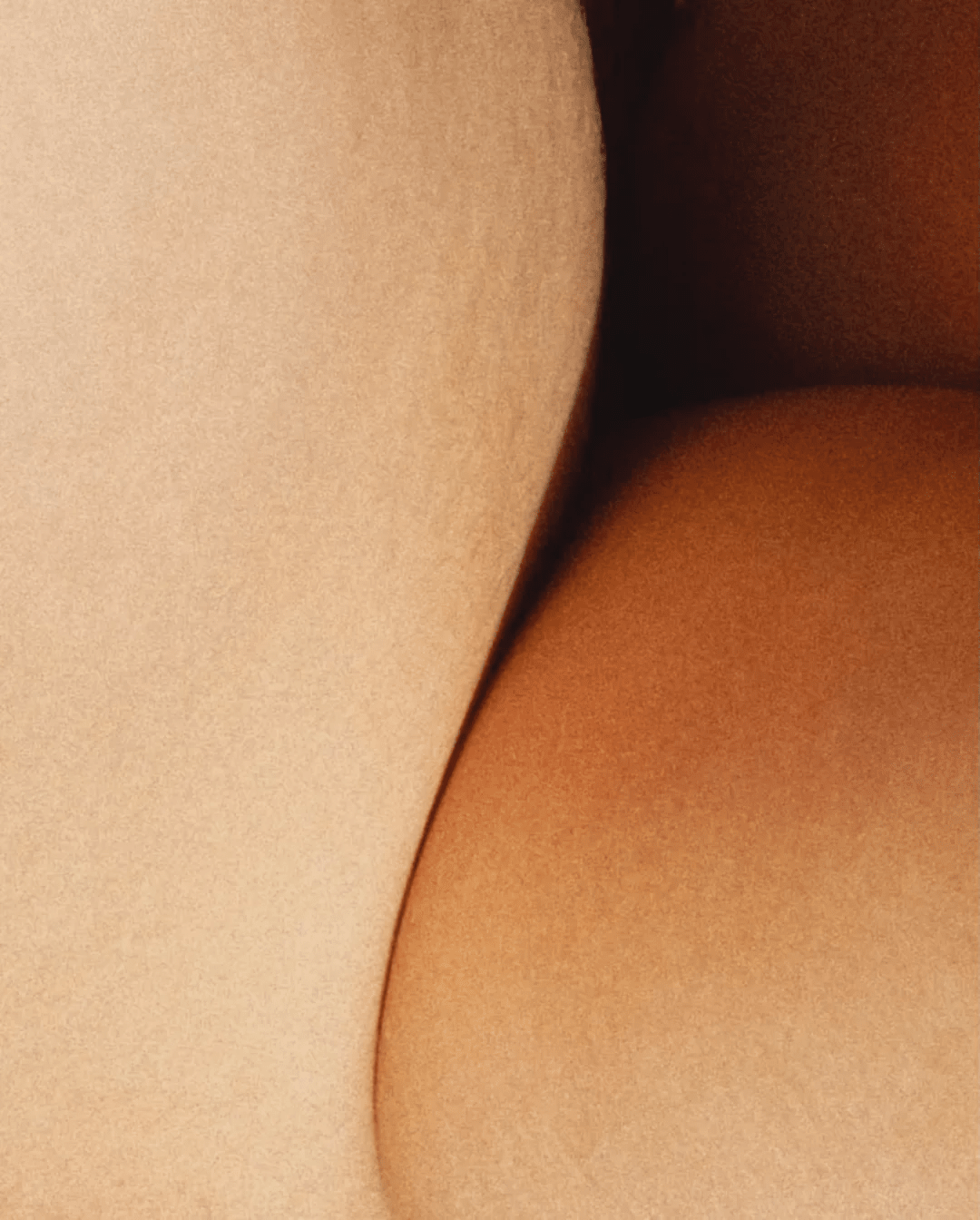
OpenSea: I'd love to talk about the "Alphabet" project. I saw it on your website and loved the concept - using close-up photos of your body to form the 26 letters of the alphabet, with almost no post-processing. What inspired you to do this?
Pauline Faieff: You're starting to get a little confused now - I've never talked about this project publicly. I'm really proud of it. I was chatting with another Pauline from "100 Collectors" and I explained my work and how I faced strict censorship. She suggested, "Why don't you write something?" But even the word 'nude' is banned on social media.
This gave us the idea for the alphabet, but I didn't want to create it casually. I knew my body had something to say. I felt like the letters already existed - I just needed to find them, so I took self-portraits in natural light in Martinique. The feeling was both comfortable and uncomfortable - comfortable because it was home, and uncomfortable because of being judged. It was a good balance.
Then I started looking for those letters in my own body - not by posing, but by truly observing. It took months and was very tiring. It's really hard to look at yourself so closely. Even now, there are still some parts of my body that I find hard to love. I've only been to Martinique three times, so I can only do my best. Some letters were really hard to find, but in the end, I created something sincere. I didn't force anything.
I use sunlight and natural elements, without any editing. Now I feel like I've constructed my own language. In the digital art world, we often talk about code and language. This is my code. No one can censor me because it's abstract. You have to take the time to interpret these words - just like our relationship with our bodies. Do you take the time to really look at yourself?
This project has also attracted an audience, although it's not yet obvious. There is a second phase to the project, where I will collaborate with a generative artist to create text using these photos. We can use my body to write poetry, which is what I wanted to do from the beginning - it just took time to figure it out.
OpenSea: Awesome, will it be released soon?
Pauline Faieff: It will most likely be released at the end of 2025.
OpenSea: I understand, I'll keep an eye out for it. Your work combines traditional photography with digital technology, exploring identity and self-love. Is your creative process always as minimalist as (the alphabet), or do you sometimes add layers?
Pauline Faieff: I try to avoid layers. In my first series, I wasn't a photographer, so the process was very different. Now, I want the audience to feel a connection with nature. Our bodies are part of nature, and we shouldn't feel ashamed - we should embrace them and take the time to understand them.
It's like our relationship with the digital space. We connect online, but we prefer to meet in real life. I create digitally, but I showcase something deeply physical. It's hard for artificial intelligence to replicate that. The body can be perceived, which is why it makes so much sense to put this piece on the blockchain.
OpenSea: What do you hope collectors feel when they see your work for the first time or collect it for the first time?
Pauline Faieff: They can be whoever they want to be. There is no shame in being different - because that is who we are. I want them to embrace themselves, to stop pretending, to stop trying to please others, to feel 'I am who I am, and I am good enough'. I want them to feel the freedom of existence.
We live in a world shaped by many social structures, which is also why I feel so connected to cryptocurrency. We are trying to build something new - new systems, new opportunities. I feel disconnected from the traditional world, so why not create something new for ourselves?
Yes, we are different, we feel differently, and that's why we are creating together here, and that's why we are so beautiful. I hope people can feel that connection - with their true selves - and understand that it's all about self-love and self-acceptance.
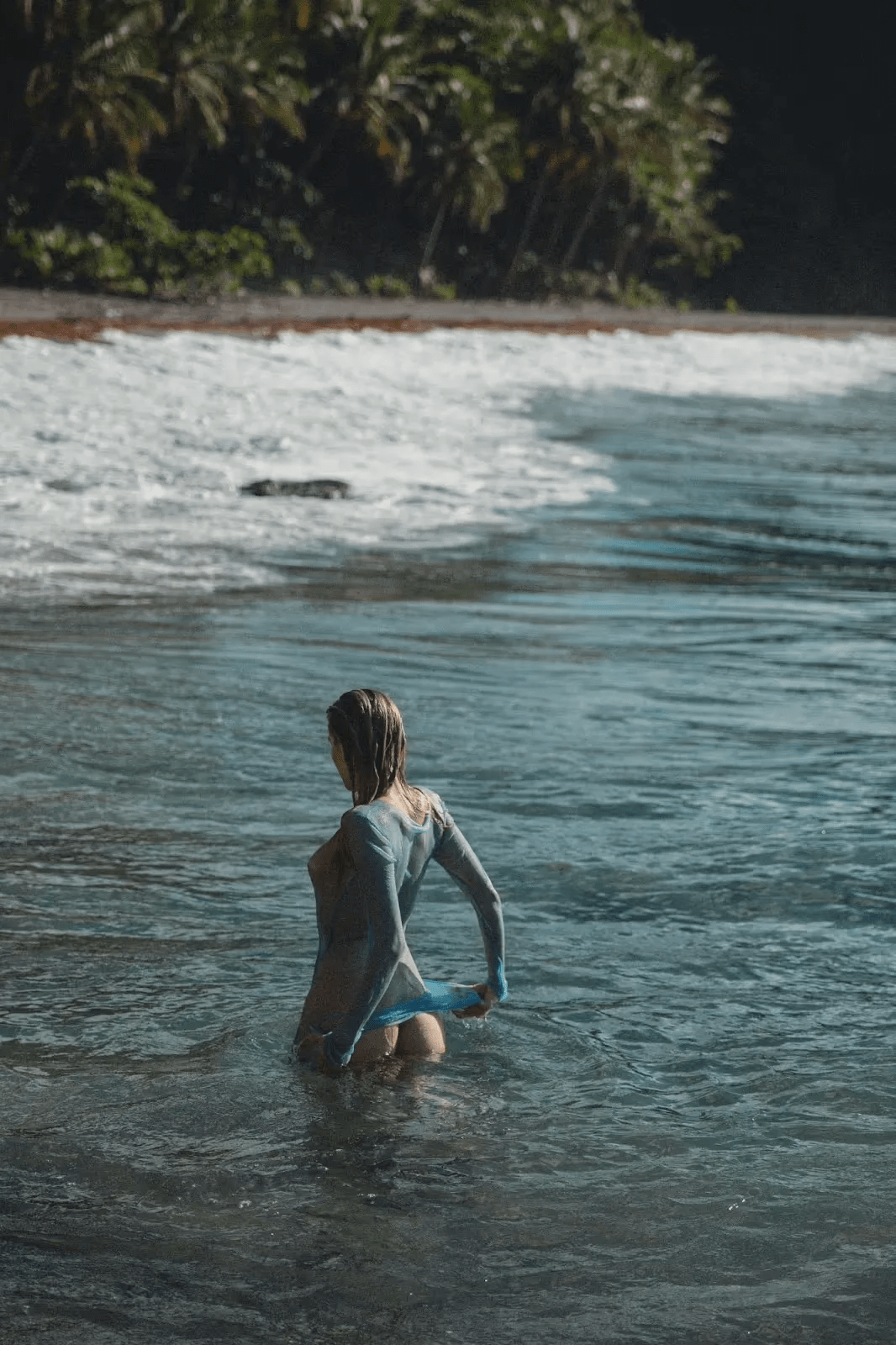
OpenSea: I've been following you for a long time - I've been in this field since 2022, and I've seen your work evolve. Every time I see your work, whether on OpenSea or on my timeline, I feel a resonance. It's empowering.
Pauline Faieff: Oh my goodness! Thank you so much! You've made my day, it means a lot to me.
OpenSea: Any other plans?
Pauline Faieff: I'm working on several projects. Censorship has always been a big issue for me, so I'm creating a version around that. I don't know when it will be released yet, but I'm also very grateful to be talking to you. As I said before: there will always be some ups and downs between platforms, but I'm really grateful that I had OpenSea in the beginning, where I never encountered censorship.
I've even been featured on the homepage several times, which means a lot to me, because you can't claim to promote art and then censor what counts as nude art.
OpenSea: Thank you so much for taking the time today! This has been really insightful.
Pauline Faieff: Thank you!
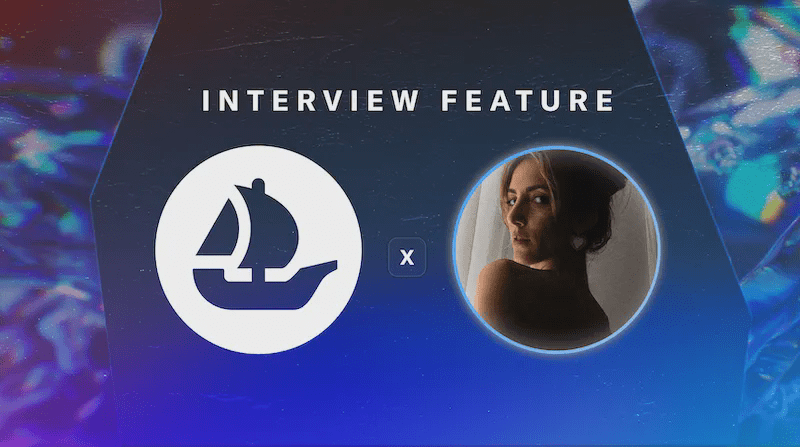
OpenSea content you care about
Browse | Create | Buy | Sell | Auction

Collect and follow OpenSea Binance Channel
Stay informed


